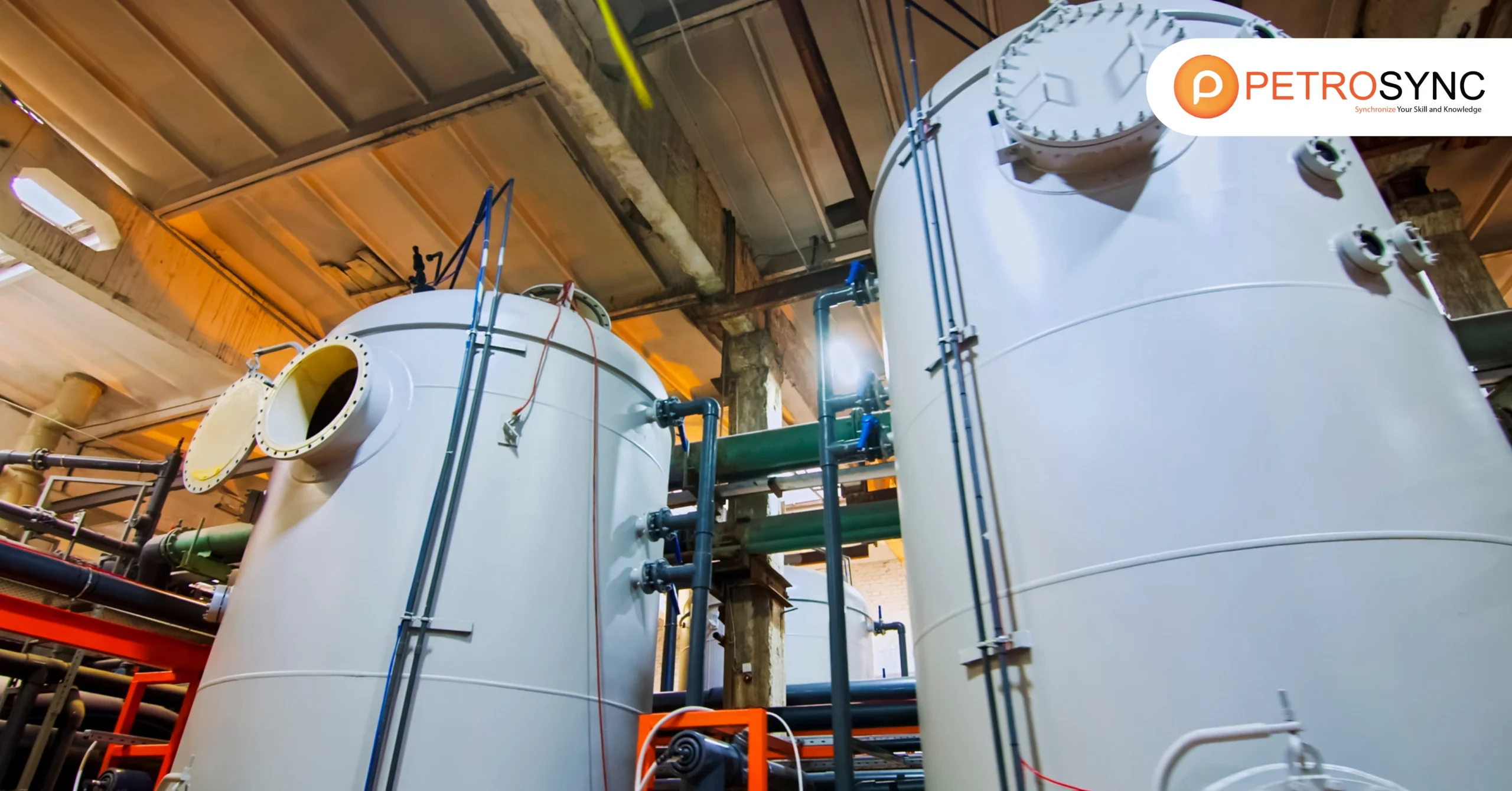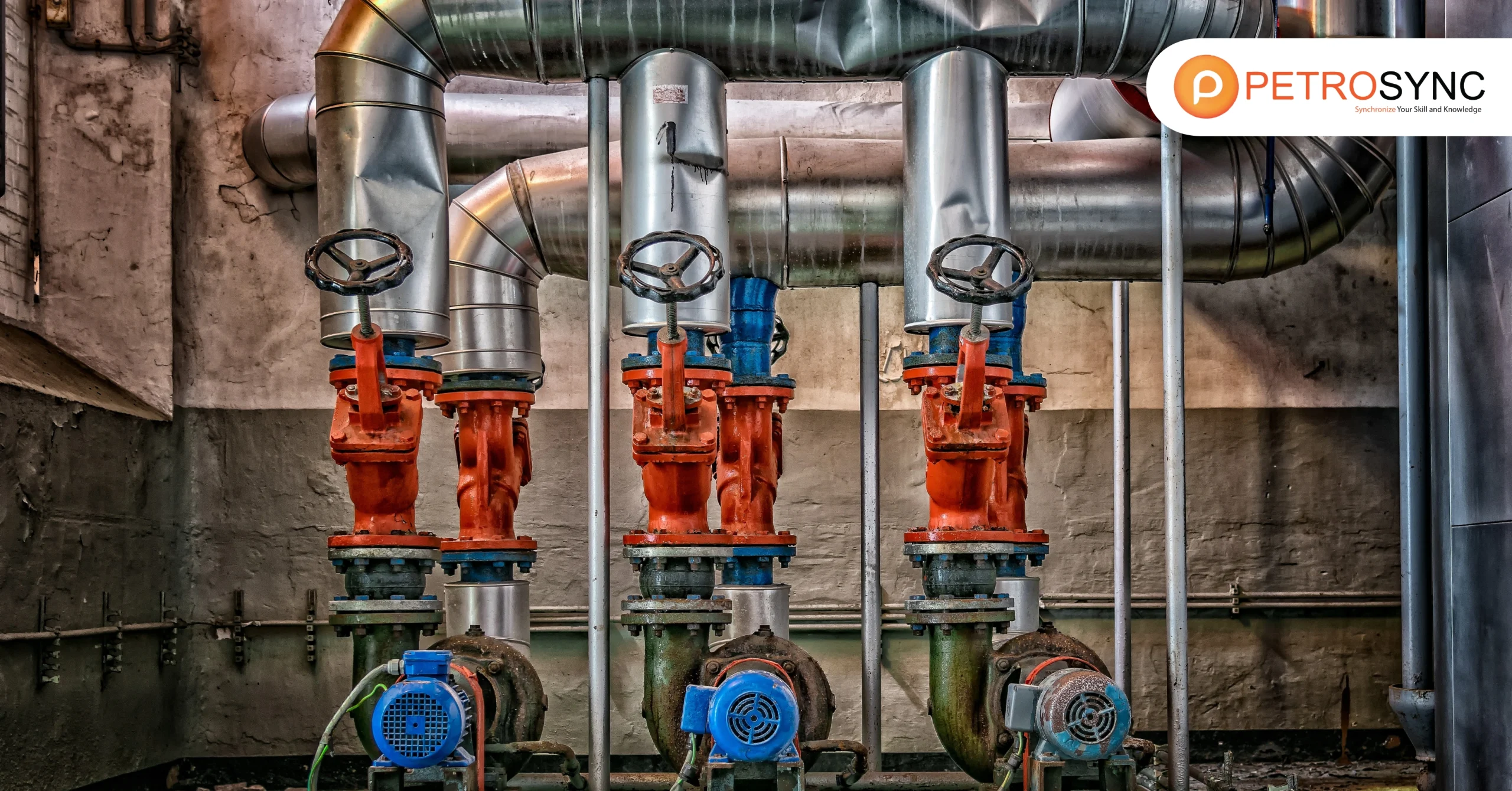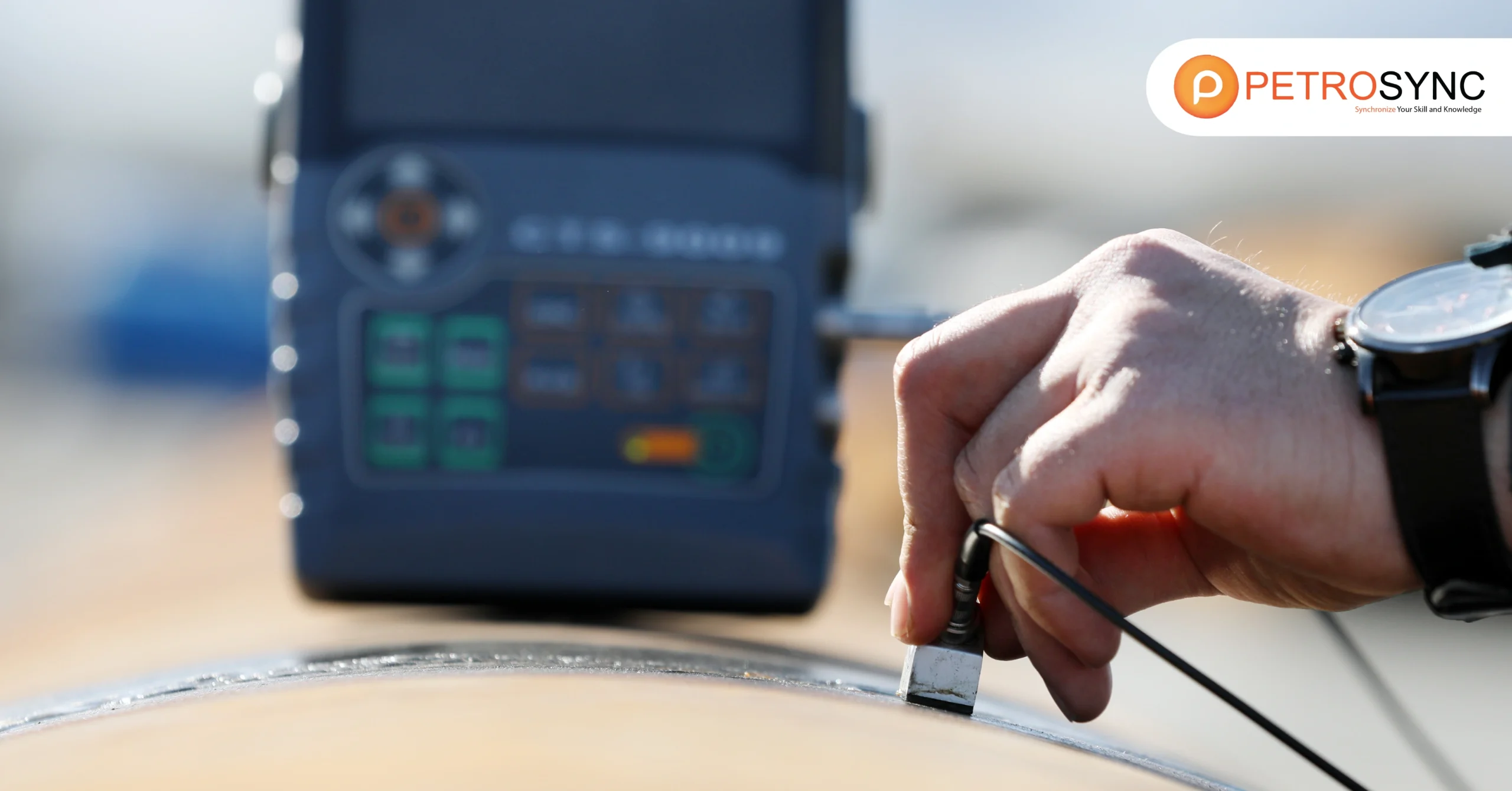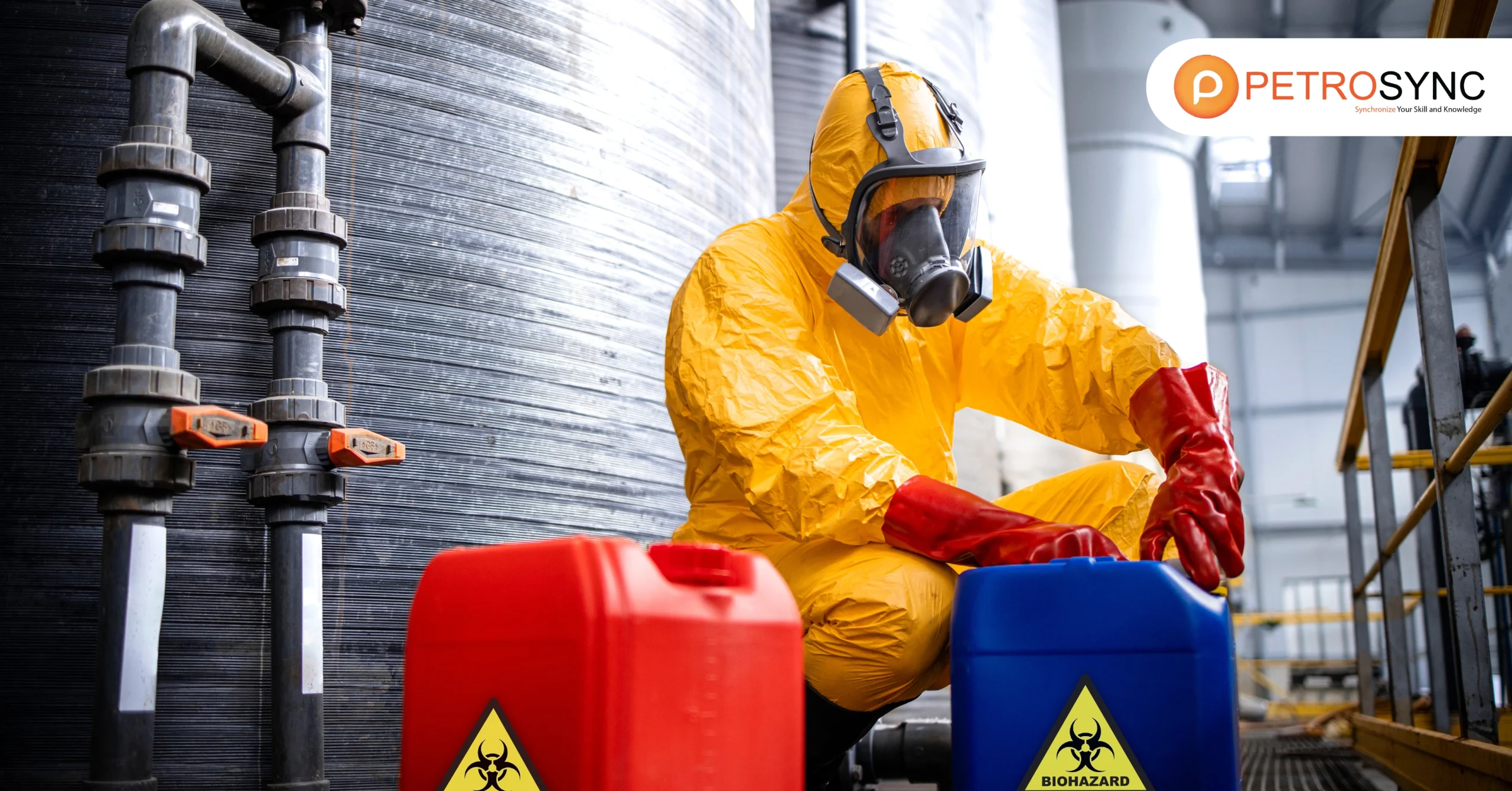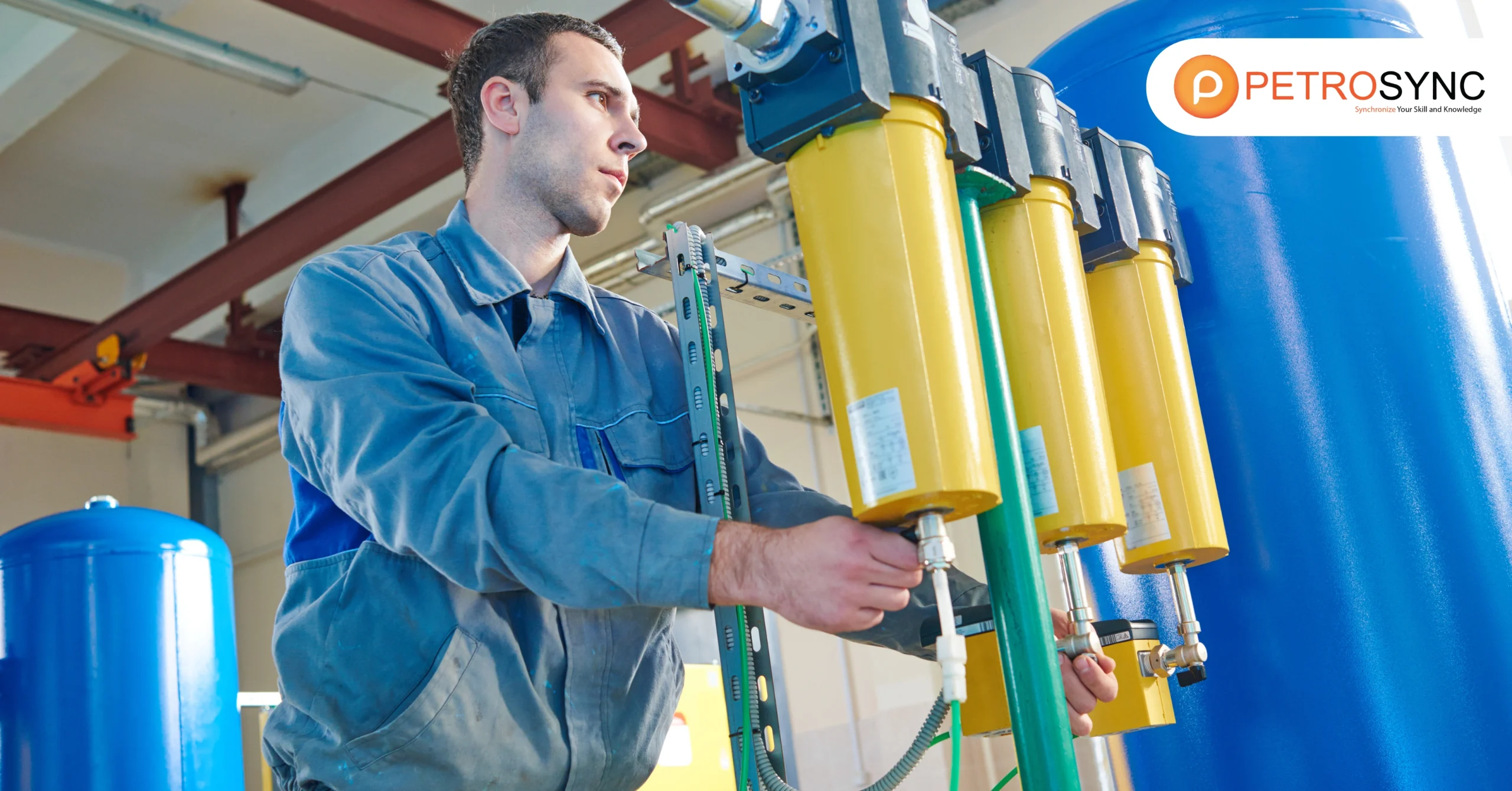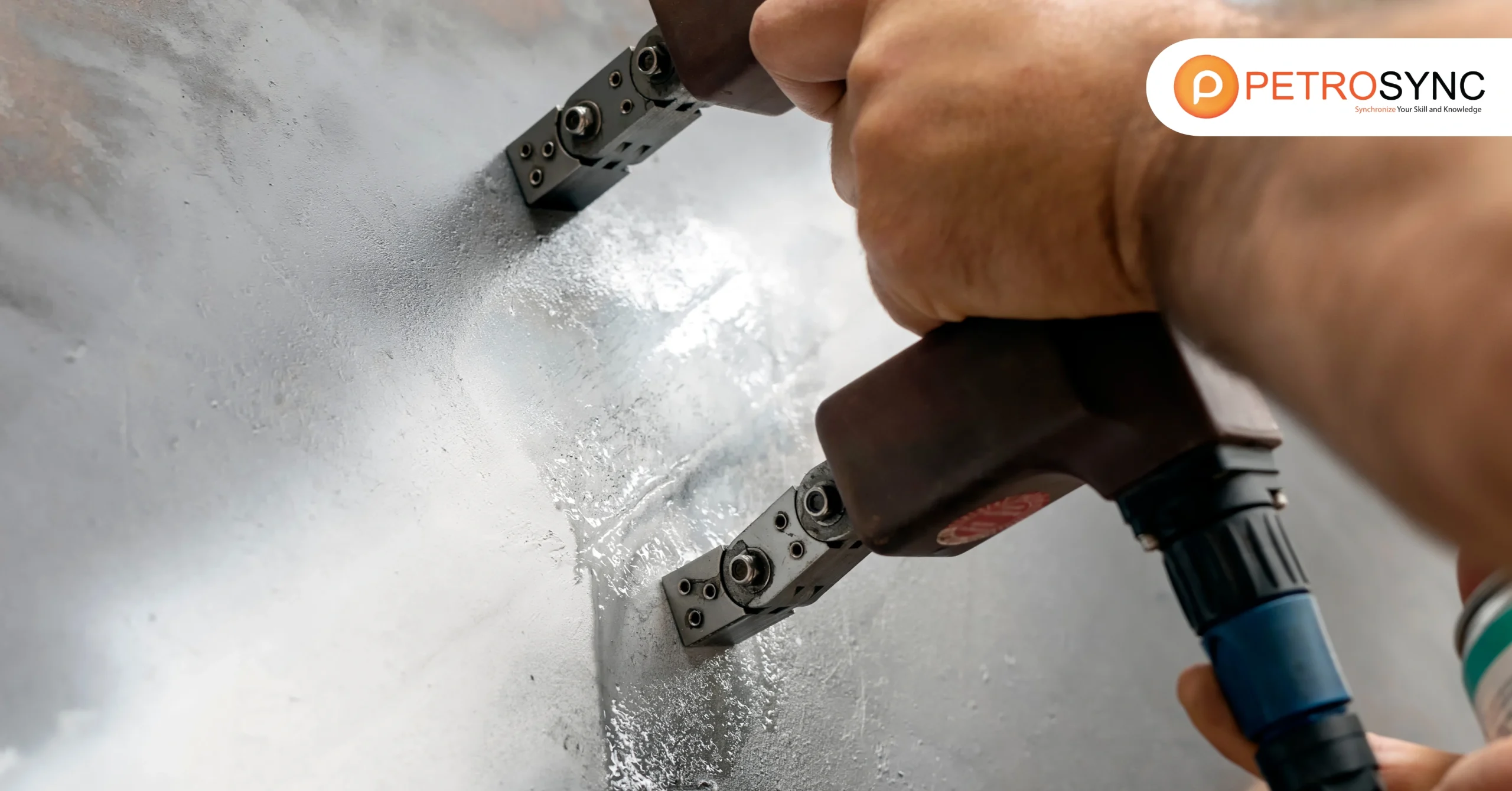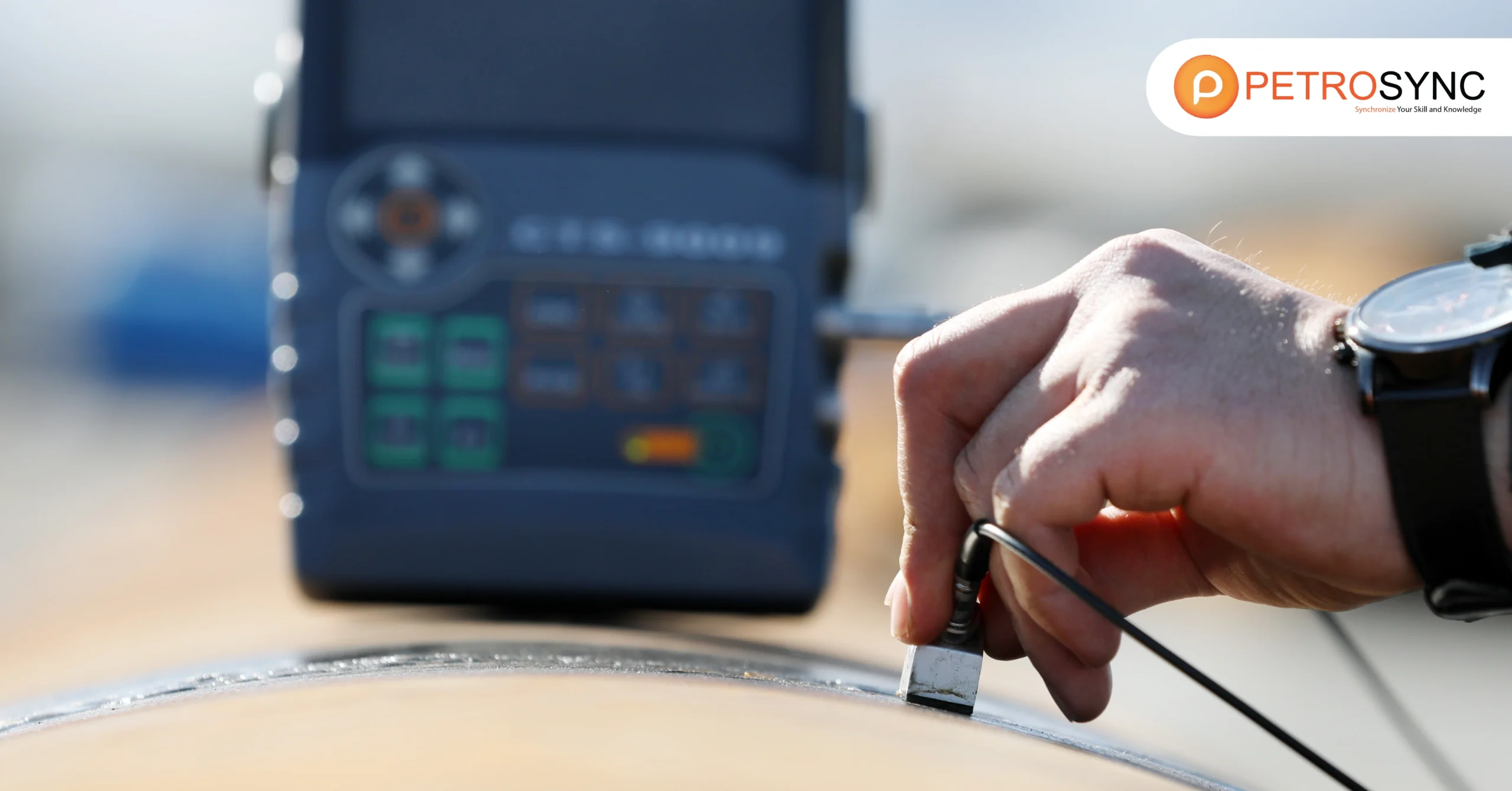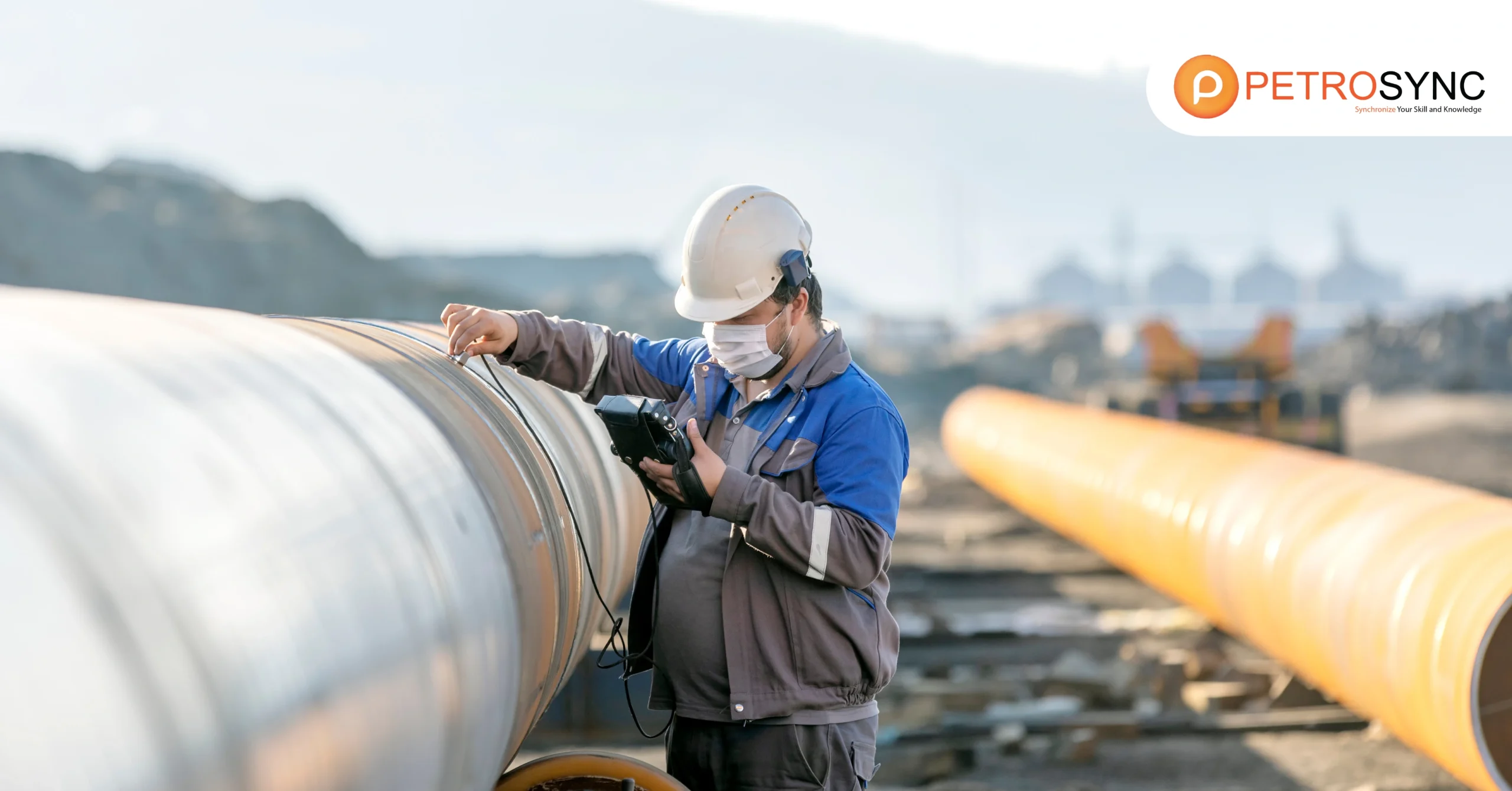In the oil and gas industry, pressure vessel are essential components as they enable the secure containment of fluid under high pressure and often adverse environmental circumstances. Designing these crucial components is not something that comes easily; you must walk a…
ASME Section VIII is a globally recognized standard for pressure vessel design, ensuring safety and reliability across energy, oil and gas, and other industries. Pressure vessels play a critical role in storing and transporting gases or liquids under pressure, making…
ASME PCC-2 is a globally recognized standard that provides guidelines for repairing pressure equipment while ensuring safety and performance compliance. Developed by ASME, one of the oldest standard-setting organizations, this code reflects years of research and collaboration with industry experts…
The ASME B31.3 Process Piping Code is one of the most important standards for industries that depend on safe and reliable piping systems. From oil and gas facilities to petrochemical plant and power generation sites, process piping plays a vital…
Reliability is now not simply a technical duty however the basis of safety, efficiency, and organisation reputation. This is the place Non-Destructive Testing (NDT) performs a quintessential role. This technique lets in us to look into materials, components, or buildings…
Many of the products we use run through a chemical plant at some point, including plastics, fuels, fertilizers, medicines – hell, the list goes on and never ends. These industrial plants rely on highly sophisticated technologies and intricate processes to…
As industrial sectors grow and evolve, it becomes increasingly important to ensure efficient energy consumption while upholding high safety standards. Boilers are key components in many activities, providing steam and thermal energy to power plant, oil refineries, and chemical industries…
In the high-stakes world of industrial inspection, particularly in sectors like oil and gas, aviation, manufacturing, and heavy machinery, ensuring the structural integrity of materials is non-negotiable. Failures in detecting material defects can result in financial loss, operational downtime, or…
In industries where safety, precision, and compliance are paramount—such as oil and gas, petrochemical, and manufacturing—non-destructive testing (NDT) methods are critical for maintaining asset integrity. One of the most reliable methods to detect internal flaws is Radiographic Testing (RT). Many…
In industries where safety and reliability are non-negotiable—such as oil and gas, petrochemical, and power generation—non-destructive testing (NDT) plays a crucial role. One method that stands out for its ability to detect internal flaws without damaging the tested material is…

